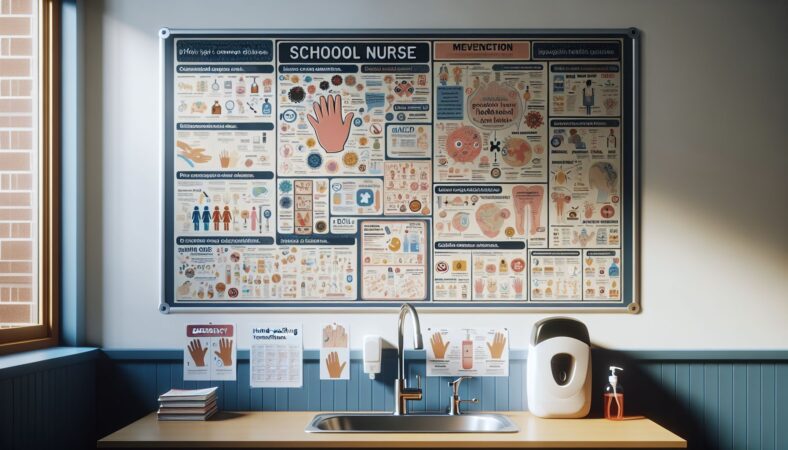As a student, it’s important to prioritize your health and well-being in order to succeed academically. Here are some key medical tips and information that every student should be aware of.
Regular Check-ups
It’s crucial to schedule regular check-ups with your healthcare provider. This helps to monitor your overall health and catch any potential issues early on. Make sure to update your vaccinations, especially if you’re living in a communal setting like a dormitory.
Mental Health Support
College can be a stressful time, so it’s important to prioritize your mental health. Many universities offer counseling services or mental health resources for students. Don’t hesitate to seek help if you’re feeling overwhelmed or anxious.
Sleep
Getting enough sleep is essential for cognitive function and overall well-being. Aim for 7-9 hours of sleep each night to help you stay focused and alert during your classes.
Healthy Eating
Maintaining a balanced diet is key to staying healthy as a student. Make sure to include plenty of fruits, vegetables, whole grains, and lean proteins in your meals. Avoid excessive junk food and sugary drinks.
Exercise
Regular physical activity is not only important for your physical health but also for your mental well-being. Find a form of exercise that you enjoy, whether it’s going for a run, joining a sports team, or attending fitness classes at your campus gym.
Stress Management
College can be a time of high stress, so it’s important to find healthy ways to cope. Consider practicing yoga, mindfulness meditation, or deep breathing exercises to help manage stress levels.
Stay Hydrated
It’s easy to forget to drink enough water when you’re busy with classes and extracurricular activities. Remember to carry a water bottle with you and stay hydrated throughout the day.
Emergency Preparedness
Make sure you have a list of emergency contacts handy, as well as any pertinent medical information like allergies or chronic conditions. It’s also a good idea to familiarize yourself with the location of the nearest urgent care or hospital.
Self-Care
Lastly, don’t forget to take care of yourself. Make time for activities you enjoy, spend time with friends, and practice self-care routines to help you relax and recharge.
In conclusion, taking care of your health as a student is essential for a successful college experience. By prioritizing regular check-ups, mental health support, healthy habits, and self-care, you’ll be better equipped to handle the challenges of student life. Remember, your health is your most valuable asset, so make sure to prioritize it every day.
